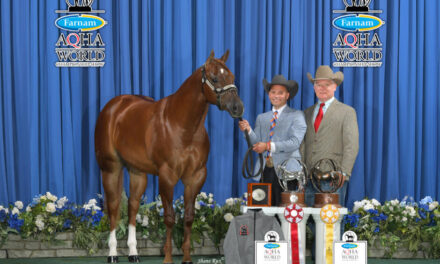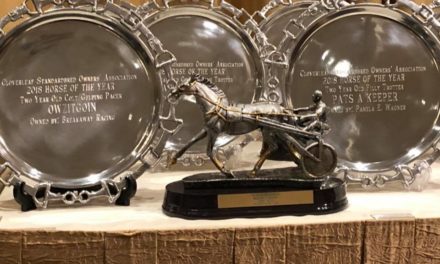Hearings postponed and/or rescheduled include…
…Massage Therapist Lawsuit
The final hearing (we hope it’s the final hearing) for the lawsuit brought against the Maryland State Board of Chiropractic Examiners by massage therapist Mercedes Clemens, which has been repeatedly postponed, has now been scheduled for 10:30 a.m. on Thursday, July 30, in the Montgomery County Circuit Court.
For more background, please visit our archives at equiery.com
Make sure you subscribe to The Equiery’s News Feed (blog) in order to get your next update!
…Magna Bankruptcy
The Associated Press reported recently that the judge agreed to postpone until August 18 a hearing to determine a request for the appointment of an examiner for the Chapter 11 bankruptcy case of Magna Entertainment, owner of the Laurel and Pimlico racetracks. The request for the appointment of an examiner is from Greenlight Capital Offshore Partners, which is an unsecured creditor of Magna, but also a shareholder in the parent company of Magna, and is thus concerned about the fairness and transparency of the parent company’s attempt to buy Magna’s assets. The bid deadline for the assets is July 31.
Recommended Reading:
…Arundel Mills Slots
Meanwhile, why is Anne Arundel County Executive John Leopold dragging his feet on the Arundel Mills slots request? On July 6, he withdrew zoning legislation for a 4,750-slot parlor at Arundel Mills, ostensibly to retool the bill since it seemed stalled in the County Council.
Recommended Reading:












